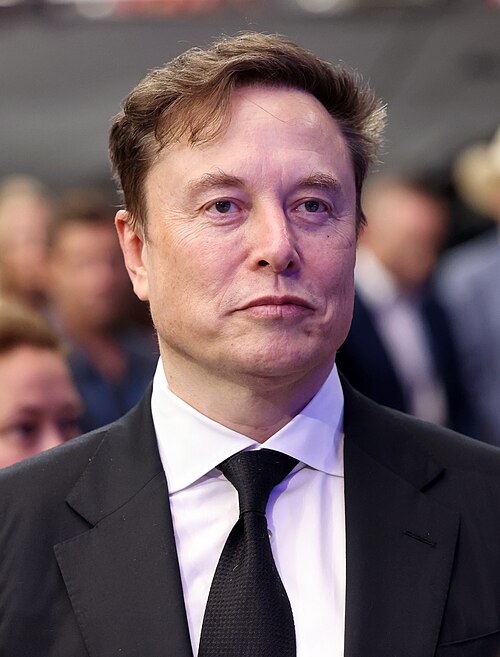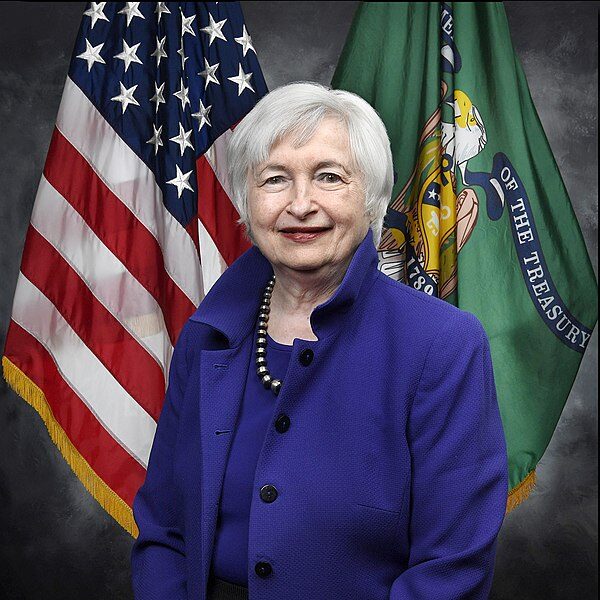Musk Pay Package Rejects $1 Trillion Tesla CEO Proposal
The manager of Norway’s sovereign wealth fund has announced it will vote against Elon Musk’s proposed $1 trillion performance-based pay package at Tesla’s annual general meeting. This decision highlights growing investor unease with the immense scale of executive compensation in the electric vehicle industry. As one of Tesla’s largest shareholders, Norges Bank Investment Management’s stance could influence the outcome of the vote on this Musk pay package.
Elon Musk, Tesla’s CEO, has been instrumental in driving the company’s valuation to over $1 trillion, but the proposed remuneration has sparked debate. The package, if approved, would tie Musk’s pay to ambitious performance milestones, potentially making it the largest in corporate history. However, critics argue it dilutes shareholder value and heightens reliance on a single individual.
Background on the Musk Pay Package Proposal
The original Musk pay package was approved in 2018 but voided by a Delaware court in early 2024 due to procedural issues. Tesla shareholders re-approved a similar plan in June 2024, but legal challenges persist. This latest iteration seeks to grant Musk stock options worth up to $1 trillion if Tesla achieves specific market cap and operational targets over the next decade.
Norway’s fund, managing over $1.6 trillion in assets, holds about 0.98% of Tesla shares, making it a significant voice. Their opposition stems from concerns that the Musk pay package could lead to excessive dilution—potentially issuing billions of new shares—and fail to address the ‘key person risk’ associated with Musk’s outsized role at Tesla.
In their statement, Norges Bank emphasized appreciation for Musk’s contributions but stressed the need for balanced compensation structures. This reflects broader trends in corporate governance where institutional investors push for pay aligned with long-term sustainability rather than short-term gains.
Key Components of the $1 Trillion Package
The Musk pay package structures compensation around 12 tranches, each unlocking millions of stock options upon hitting milestones like $100 billion increases in market capitalization or revenue targets. Proponents argue this incentivizes innovation in electric vehicles and autonomous driving technology.
However, the sheer magnitude—potentially valuing Musk’s stake at over $50 billion personally—raises eyebrows. For context, the average CEO pay in S&P 500 companies hovers around $15 million annually, making this proposal an outlier in executive remuneration.
Tesla’s board defends the package, claiming it has no salary or cash bonuses for Musk, relying solely on performance. Yet, with Tesla facing competition from rivals like BYD and legacy automakers, the pressure on Musk intensifies.
Investor Reactions and Market Impact
Norges Bank’s rejection isn’t isolated; other proxy advisors like ISS and Glass Lewis have recommended voting against the Musk pay package. Institutional investors, holding over 40% of Tesla shares, could sway the vote at the annual meeting.
Following the announcement, Tesla shares dipped slightly by 1.2% in pre-market trading, reflecting investor sentiment. Analysts suggest that while the pay package debate rages, it underscores Tesla’s dependence on Musk’s vision for growth in AI, robotics, and energy storage.
This development follows recent tech sector deals reshaping AI landscapes, where executive incentives play a crucial role in innovation funding. Similarly, governance issues in high-growth firms continue to draw scrutiny, as seen in ongoing crypto sector appeals.
Broader Implications for Corporate Governance
The Musk pay package saga highlights tensions between rewarding visionary leaders and protecting shareholder interests. In the tech and auto sectors, where innovation drives value, tying pay to stock performance is common but often controversial.
Experts like Nell Minow from ValueEdge Advisors note that such packages can encourage risky behavior if not capped properly. On the other hand, Musk’s track record—transforming Tesla from a niche player to a global EV leader—justifies premium compensation, supporters argue.
For everyday investors, this means monitoring how the vote affects Tesla’s stock. A rejection could prompt revisions, potentially stabilizing governance perceptions and boosting confidence.
Historical Context of Executive Pay at Tesla
Musk’s compensation has always been unconventional. In 2018, the $56 billion package was hailed as innovative but later challenged in court over board independence. The Delaware ruling cited conflicts of interest, forcing Tesla to relocate its incorporation to Texas for friendlier legal grounds.
Over the years, Musk has foregone salary, relying on stock awards that have made him the world’s richest person at times. The current Musk pay package aims to extend this model, but with escalated stakes amid Tesla’s expansion into robotaxis and humanoid robots.
Comparing to peers, Ford’s CEO Jim Farley earns about $20 million annually, while GM’s Mary Barra receives around $25 million. Musk’s potential haul dwarfs these, reflecting Tesla’s higher growth expectations but also higher risks.
Stakeholder Perspectives
Retail investors, often vocal on platforms like X (formerly Twitter), largely support Musk, viewing the pay package as essential to retain his focus. Institutional players like Norway prioritize ESG factors—environmental, social, and governance—including fair pay practices.
Employees at Tesla may see indirect benefits through stock appreciation, but dilution concerns could impact morale if shares lose value. Customers and the EV market at large watch how this affects Tesla’s innovation pace.
As one analyst from Morningstar put it, ‘The Musk pay package is a bet on Tesla’s future dominance, but investors must weigh if the reward justifies the risk.’
Expert Opinions on the Controversy
Compensation consultant Ira Kay from Pay Governance argues that performance-based pay like this aligns executives with shareholders, citing Tesla’s 1,000% stock rise since 2018. Conversely, professor Lucian Bebchuk from Harvard Law School warns of excessive dilution, estimating up to 20% shareholder value erosion.
In Europe, where Norway’s fund operates, stricter pay caps are common, influencing their stance. This cultural divide in corporate norms adds another layer to the Musk pay package debate.
Looking at data, S&P 500 CEO pay rose 12% in 2024 to $16.3 million, per Equilar, but none approach Musk’s scale. This anomaly fuels calls for regulatory oversight on mega-packages.
Timeline of the Musk Pay Package Events
2018: Original package approved by 73% of shareholders.
2024 January: Delaware court voids it over fiduciary duties.
June 2024: Re-approval by 72% after Texas move.
November 2024: Ongoing legal appeals and now Norway’s opposition ahead of AGM.
This timeline shows persistent contention, with each step escalating scrutiny on the Musk pay package.
What Happens Next for Tesla and Musk
The annual general meeting vote could go either way, given strong retail support. If rejected, Tesla might negotiate a scaled-down version or face Musk’s potential distraction, as he has hinted at focusing elsewhere like SpaceX or xAI.
Legal battles may continue, possibly reaching the Supreme Court. For the industry, this sets precedents on executive pay in megacap tech firms, influencing packages at companies like Nvidia or Meta.
Investors should watch Tesla’s Q4 earnings for clues on performance metrics tied to the Musk pay package. Broader market trends in EVs, with global sales projected at 17 million units in 2025, will also factor in.
Future Implications and Investor Takeaways
If approved, the Musk pay package could supercharge Tesla’s ambitions in full self-driving tech and energy. Rejection might signal a shift toward more conservative governance, appealing to ESG-focused funds.
For readers invested in Tesla or similar stocks, diversify to mitigate key person risks. Understanding compensation structures aids in evaluating long-term viability.
This event underscores why corporate governance matters—it’s not just about numbers but sustainable growth. As Tesla navigates this, the EV sector’s evolution hangs in balance.
For those exploring executive compensation trends, grasping stock market basics provides foundational knowledge on how pay impacts valuations.
Investors interested in sustainable practices can delve into ESG investing strategies, which often scrutinize such packages.
To better navigate corporate decisions, learning about Warren Buffett’s investment wisdom offers timeless lessons on patience amid controversies.
Source: Newsweek




